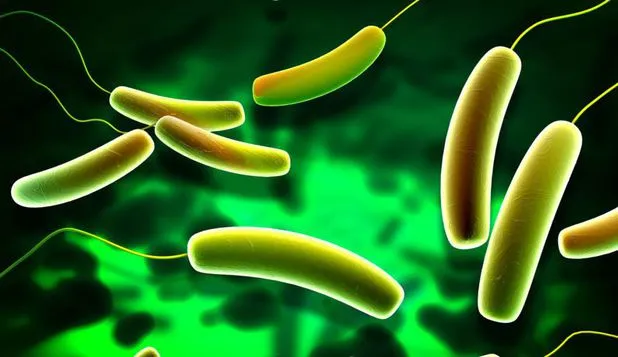Bacterial flora in the intestines are not just those small organisms that wait quietly to dig the next meal. A study led by the Babraham Institute in the UK concluded that beneficial bacteria in the digestive system have an effect on the chromosomes in the nearby cells.
The discovery can help us improve understanding of the link between our diet and the occurrence of cancer, writes Science Alert.
Thus, DNA in the human colon epithelial tissue contains a high level of a chemical compound known to act as an "epigenetic switch", triggering and closing the genes.

Moreover, researchers have found that these levels of substance and processes that change DNA according to the surrounding chemical environment also met in another region of the body, namely the brain.
Scientists have discovered that these processes do not take place in other organs, or their occurrence is isolated. This has remained a mystery. The study demonstrates that bacteria are ultimately responsible for the changes.
To confirm this, the researchers conducted a series of experiments on bacteria-eliminating mice to see if the genetic editing processes along with the surrounding chemical composition are changing. The result was positive, demonstrating the crucial role of intestinal flora.
"Our intestines are home to countless bacteria that help digest food such as fiber," said Patrick Varga-Weisz, author of the study. "It also acts as a barrier against harmful bacteria and controls the immune system. The way these microorganisms affect our cells is a key part of these processes, "he concluded.
source:descopera.ro